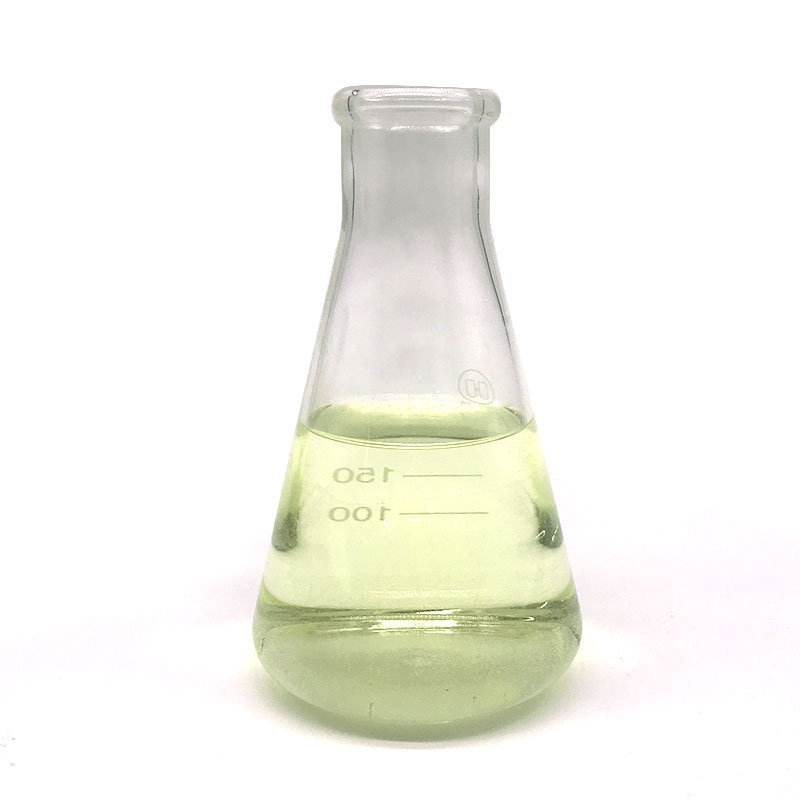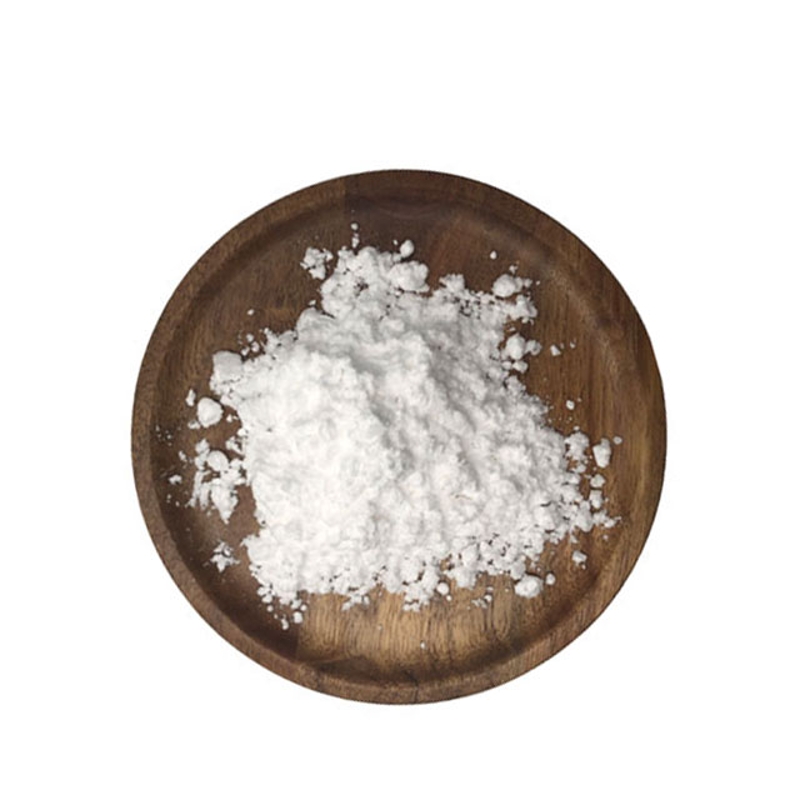-
Categories
-
Pharmaceutical Intermediates
-
Active Pharmaceutical Ingredients
-
Food Additives
- Industrial Coatings
- Agrochemicals
- Dyes and Pigments
- Surfactant
- Flavors and Fragrances
- Chemical Reagents
- Catalyst and Auxiliary
- Natural Products
- Inorganic Chemistry
-
Organic Chemistry
-
Biochemical Engineering
- Analytical Chemistry
- Cosmetic Ingredient
-
Pharmaceutical Intermediates
Promotion
ECHEMI Mall
Wholesale
Weekly Price
Exhibition
News
-
Trade Service
For people with type 1 diabetes, it is important β prevent or delay the complete failure of cellular function.
, a study published today in the New England Journal of Medicine (NEJM) found that in new patients with type 1 diabetes, golimumab therapy maintains endogenetic insulin secretion and reduces the need for external insulin.
that although no patient has been able to completely deactive insulin, the results are clinically significant.
This is "a step toward 'curing' type 1 diabetes, and reducing insulin doses can bring many benefits, including less hypoglycemia and maintaining insulin levels in the veins," said Teresa Quattrin, a pediatrician at the University of Buffalo and author of the paper.
" Screenshot Source: New England Journal of Medicine Golimu Monoantigen is a monoclonal antibody that targets tumor necrotizing factor α (TNF-α) and has been approved for use in a variety of autoimmune diseases, including rheumatoid arthritis, ulcerative colitis, etc.
is also an autoimmune disease, type 1 diabetes is also affected by TNF-α disease.
TNF-α is directly toxic β islet cells.
in non-obese animal models of type 1 diabetes, TNF-α promotes the development of autoimmune diabetes, while blocking TNF-α is protective.
addition, serum TNF-Serotonia levels usually increase in newly developed α type 1 diabetes.
in this Phase 2 trial, 84 newly diagnosed children and adolescents with type 1 diabetes (6-21 years of age) were randomly grouped at 2:1 and given Golimu monoanti or placebo within 100 days of diagnosis for 52 weeks.
is easy to use alone and can be injected under the skin at home by the patient himself.
the experimental treatment plan for standard treatment, a year later, both groups of patients achieved good blood sugar control, there was no significant difference in hemoglobin levels between groups.
But several indicators showed that the self-insulin secretion function of patients in the Golimu monoantigen group remained better: patients in the Golimu monoantigen group had higher levels of C peptides (alternative measures of insulin secretion) and a slower decline during the study period, down by an average of only 12 percent compared to the start of the study, while the placebo group decreased by 56 percent.
the insulin dosage was indeed lower in patients in the Golimu monoantigroup (average 0.51 U/Kg/d vs. 0.69 U/Kg/d), and the insulin increments required over time within a year of progression were also lower than in the placebo group (0.07 U/Kg/d vs. 0.24 U/Kg/d; P s 0.001).
43 percent of patients in the Golimu monoantigen group and 7 percent in the placebo group achieved partial disease remission (β function was partially restored), and the golimu monoantigen group had longer remission time.
other words, Golimu monoantigen increased the proportion of patients entering the "honeymoon period" (a small dose of insulin required for the partial recovery of β function) and prolonged the "honeymoon period".
test: (A) 4-hour mixed meal tolerance test, Golimu monoantigen patients (orange line) C peptide levels were higher; In terms of safety, although the average number of total hypoglycemia events was similar, the level 2 hypoglycemia events (-lt;54 mg/ dL) were reduced by 36% in patients in the Golimu monoantigen group.
were no serious cases of hypoglycemia in neither group.
For the immunosuppressive risk of infection common to immunotherapy, the results of the trial group were also better, with no serious infections in neither group, with 71% of patients in the Golimu monoanti and 61% of placebo groups having mild moderate infections, and a decrease in the number of neutral granulocytes in the Golimu monoimmune group (29% vs. 19%).
is another milestone in immunomodulation therapy in type 1 diabetes.
2019 annual meeting of the American Diabetes Association (ADA), single-anti-teplizumab targeting CD3 delayed the onset of type 1 diabetes in people at high risk of type 1 diabetes by more than two years in a Phase 2 trial, proving for the first time that it could prevent type 1 diabetes.
, teplizumab is also conducting Phase 3 trials in patients newly diagnosed with type 1 diabetes.
And according to the research team, the Golimu monoantigen Phase 2 trial is more of a proof-of-concept study, from which insights will support the development of innovative immunomodulation therapies, hoping to intervene earlier before the onset of type 1 diabetes to better prevent type 1 diabetes.
In an editorial published at the same time by NEJM, Dr. Domenico Accili of Columbia University's Center for Diabetes and Endocrinology said three types of therapies may be becoming the standard for treating type 1 diabetes in the 21st century: artificial pancreas (continuous blood sugar monitoring and automatic insulin infusion), stem cell-derived β-like cell implants, and immunotherapy.
, immunotherapy promises to change the progress of the disease, but there are challenges.
According to the disease stage, with genetic risk can be regarded as stage 0, the appearance of autoimmune (autoantibodies) phenomenon is stage 1, the early stage of blood sugar abnormality is stage 2, the occurrence of obvious clinical symptoms of type 1 diabetes, the need for external insulin treatment is phase 3.
Dr. Domenico Accili, the chances of successfully improving type 3 type 1 diabetes are greater because by this stage, the patient's β cells have been reduced a lot.
And for immunotherapy to prevent type 1 diabetes earlier, the lack of markers and imaging methods to assess the extent of β cell loss to better measure efficacy, as well as the difficulty of accurately identifying enough high-risk groups and finding the best time to intervene, are issues that need to be addressed.
that while existing immunotherapy strategies have not yet truly "cured" type 1 diabetes, these positive developments are bringing hope and revolutionizing the treatment of type 1 diabetes.
, teresa Quattrin, et al., (2020). Golimumab and Beta-Cell Function in Youth with New-Onset Type 1 Diabetes. N Engl J Med, DOI: 10.1056/NEJMoa2006136[2] Domenico Accili. (2020). Whither Type 1 Diabetes? N Engl J Med, DOI: 10.1056/NEJMe2030472[3] Golimumab Preserves Insulin Production in Type 1 Diabetes. Retrieved November 19, 2020, from







